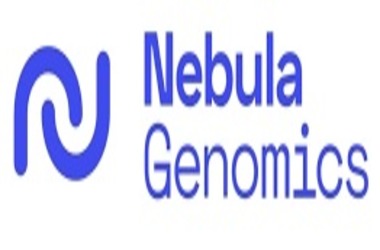
In this regard, Nebula has unveiled anonymous genetic trial, permitting clients to buy whole genome sequencing and give their saliva samples or credit card number.
To attain that, Nebula created and employed a blockchain-based platform that permits clear and manageable information sharing, and provides an option to perform pseudo-anonymous payments using cryptos.
For clients who do not utilize cryptocurrency, the firm suggests using a prepaid credit card to safeguard their confidentiality.
The document explains how remaining anonymous would remove reliance on data de-identification:
“Most importantly, enabling individuals to remain anonymous would eliminate the dependence on data de-identification by personal genomics companies prior to data sharing with researchers.” Nebula delivers saliva collection kits to USPS PO boxes, thereby maintaining anonymity.
Earlier this June, Nebula collaborated with EMD Serono, the North American biopharmaceutical division of Merck KGaA, which is the world’s long-standing pharma company. In its partnership with EMD Serono, Nebula offers the firm with link to its network of confidential genomic info in order to back the research and development of new medicines.
At that time, Nebula also highlighted that its contract with EMD Serono reflected its initial endeavor to create a prototype of certified genome sequencing.
Earlier this month, blockchain platform Harmony collaborated with a Lithuanian blockchain based health app firm Lympo to permit fast and safe health info sharing.
Lympo is building a reward platform for healthy lifestyle campaigns such as walking or running with the intention to improve the platform’s scalability.
As per Global Market Insights, a global market research firm, the value of blockchain technology in healthcare industry is anticipated to exceed $1.60 billion by 2025 due to several factors such as the execution of government programs and rising investment in the sector.
